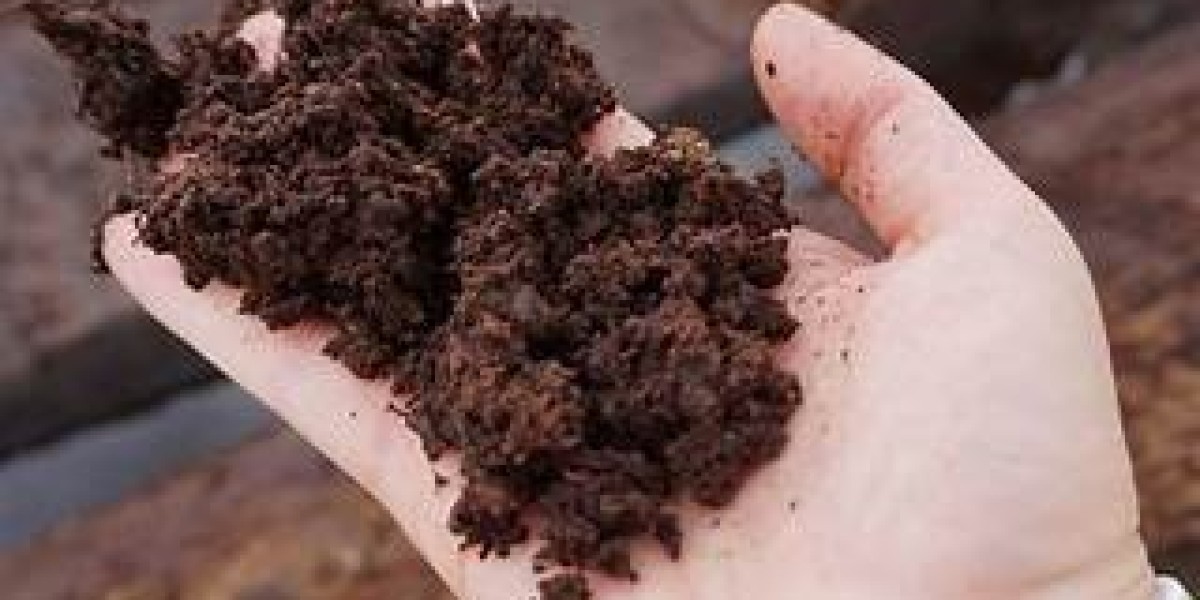As environmental consciousness rises, more gardeners are transitioning to sustainable practices. One of the most significant changes in gardening over the last few years is the shift towards peat-free compost. Leading the way is Fitfit Garden, a pioneer in providing high-quality, eco-friendly gardening solutions. This article delves into the importance of peat-free compost, its benefits, and how it plays a critical role in sustainable gardening.
Understanding Peat and Its Environmental Impact
Peat is a type of soil composed of partially decomposed organic matter, primarily plant material that has accumulated in waterlogged conditions over thousands of years. It is commonly harvested from peat bogs and used in compost due to its ability to retain moisture and nutrients. However, the extraction of peat has severe environmental consequences. Peatlands are vital carbon sinks, holding twice as much carbon as all the world's forests combined. When peat is harvested, this carbon is released into the atmosphere, contributing significantly to greenhouse gas emissions. Moreover, peat extraction destroys natural habitats, endangering various species that depend on peatlands for survival. Transitioning to peat-free compost is crucial to mitigate these environmental impacts and promote biodiversity conservation.
Benefits of Peat-Free Compost
Peat-free compost offers several benefits for both gardeners and the environment. Firstly, it reduces the carbon footprint of gardening by preserving peatlands and preventing carbon release. Secondly, it is often made from recycled or sustainable materials, such as coir, wood fiber, and green waste, which not only diverts waste from landfills but also supports a circular economy. Additionally, peat-free compost provides excellent moisture retention and nutrient availability, creating a favorable environment for plant growth. As gardeners seek eco-friendly alternatives, peat-free compost stands out as a practical and effective choice that aligns with sustainable gardening practices.
Challenges and Misconceptions
Despite its benefits, peat-free compost faces several challenges and misconceptions. One common belief is that peat-free compost is inferior in quality and performance compared to peat-based products. However, advancements in horticultural research and composting techniques have led to the development of high-quality peat-free compost that meets or exceeds the standards of traditional peat-based products. Another challenge is the availability and cost of peat-free compost, as some gardeners find it less accessible or more expensive. Nevertheless, as demand for sustainable products grows, more companies are investing in peat-free alternatives, increasing their availability and affordability. Overcoming these challenges requires continued education and awareness about the benefits of peat-free compost and the need for sustainable gardening practices.
Choosing the Right Peat-Free Compost
Selecting the right peat-free compost is essential for achieving optimal gardening results. When choosing a peat-free compost, consider the specific needs of your plants and the characteristics of the compost. Look for products that are well-balanced, with a mix of organic materials that provide the necessary nutrients and moisture retention. It's also important to choose compost that is pH balanced and free of contaminants, such as weed seeds or pathogens. Reading product labels and reviews can help you make an informed decision about the quality and suitability of the compost for your gardening needs. Additionally, experimenting with different types of peat-free compost can help you find the best fit for your garden.
The Future of Sustainable Gardening
The shift towards peat-free compost reflects a broader trend towards sustainable gardening practices. As more gardeners embrace eco-friendly alternatives, the demand for peat-free products is expected to grow. This shift not only benefits the environment but also promotes healthier, more resilient gardens. By adopting sustainable practices, gardeners can reduce their environmental impact and contribute to the conservation of natural resources. In the future, innovations in composting and gardening techniques will continue to enhance the quality and availability of peat-free compost, making it an integral part of sustainable gardening.
Conclusion
The transition to peat-free compost is a vital step towards sustainable gardening. By choosing peat-free alternatives, gardeners can reduce their carbon footprint, preserve natural habitats, and support a circular economy. As awareness and demand for sustainable products increase, the availability and quality of peat-free compost will continue to improve, making it an essential component of modern gardening practices. Embracing peat-free compost is not only a responsible choice for the environment but also a practical solution for creating healthy, vibrant gardens.








